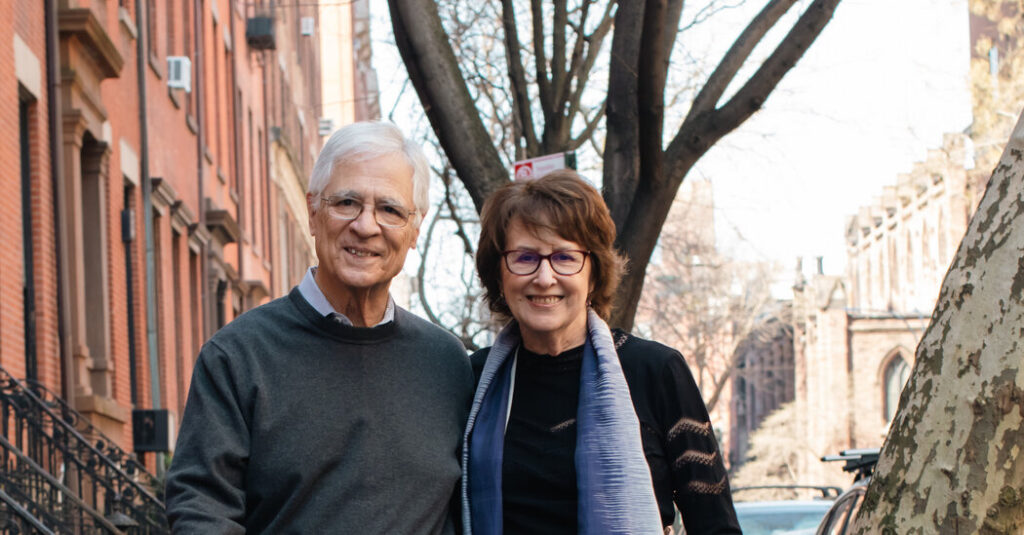
To write the book, Ephron had to report on her lost year, she said, because she remembered so little of it. She pored over her emails and her medical records, which the hospital delivered at her request and totaled 6,000 pages. She interviewed the female friends who had been her support group.
“I think for everybody who has had as traumatic an experience as I had,” Ephron said, “or even half as traumatic, if you can paint it, knit it, dance it, it will be better. For me, I could take this thing and I could write it.”
She was surprised and pleased to learn she had unleashed a torrent of profanity during an early stint in the ICU, because it was completely out of character.
“Meredith thought it was my inner voice” — Meredith White, one of the women who gathered to help, spelling Rutter so he might catch a few hours sleep — “but Peter, who is a doctor, said it was steroid overload.”
“Left on Tenth” is rendered in fragments, a structure that mimics Ephron’s experience of her illness and treatment, which she recalled in flashes. One chapter is a scant paragraph describing the exchange with the doctor who each day appeared at Ephron’s hospital room door to ask if she had eaten anything. No, she would invariably reply. One day, she added, despairingly, “This is rough.” The doctor looked at her intently. “This is war,” he said.
Ephron had been diagnosed during a routine checkup; since her sister’s illness, she had twice-yearly tests for the disease. In the years since Nora Ephron’s death, treatment for leukemia had evolved, and Delia Ephron’s first chemotherapy was an experimental drug called CPX-351. It worked, for a time. When her cancer returned after six months, her only hope was a stem cell transplant. As with the chemo, the treatment in that department had progressed. But because Ephron was in her 70s, her chances for surviving were very low.
You may also like
-
Breaking Barriers: Yuval Kanev’s ‘Helpless Earth: Reckless Science’ Provokes Urgent Dialogues on Technological Accountability
-
Astronomy for Teenagers: Galactic Odyssey – Inspiring Tales of Celestial Trailblazers
-
Books Over Bucks: Professor Aman’s Journey with First Book School
-
The Future of Humanity—From Sapiens to Homo Novus: An Insightful Dialogue with Amakiri Welekwe
-
From Times Square to Everywhere: Jamaal Wesley’s Book Makes a Splash

